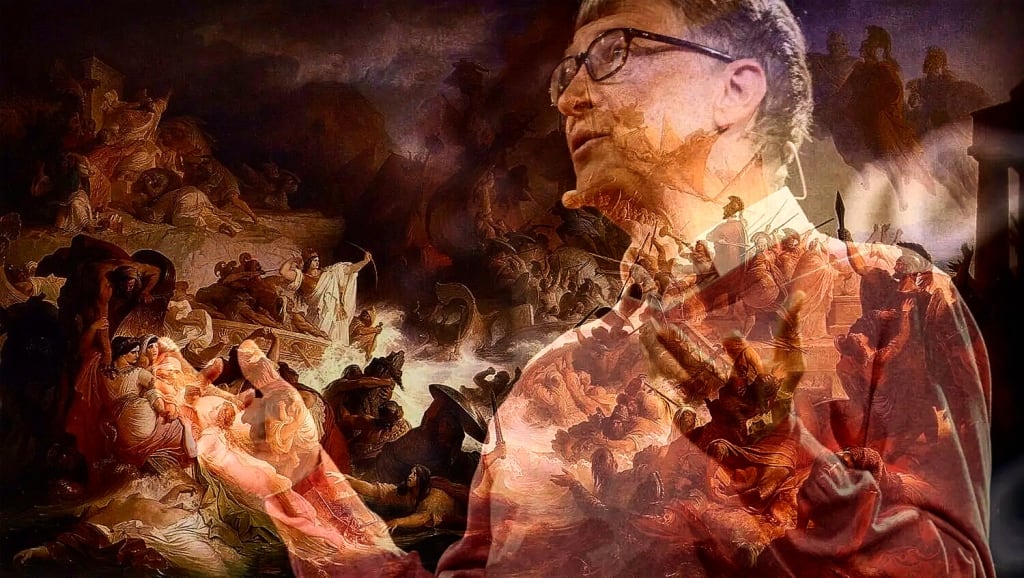
In 2015 Bill Gates took to the stage for a TED talk, it's subject line was—The next pandemic, we're not ready.
It gained little traction at the time, but now it appears the founder of Microsoft demonstrated a great deal of foresight, urging action five years before Covid-19 struck.
Sadly his advice wasn't acted upon, and with life being tough enough already, is it any wonder that when billionaires ask us to prepare for potential threats, it goes under the radar?
What government wants to invest funds into problems they themselves can't solve, that are a mere probability and when any return on their investment will only benefit a later administration?
History however, is filled with examples where tragedy was foreseen. In Mr Gates’ instance, his warnings went unheeded. However western civilization can trace its roots to another individual, who spoke out ahead of catastrophe, the difference being is that his people listened.
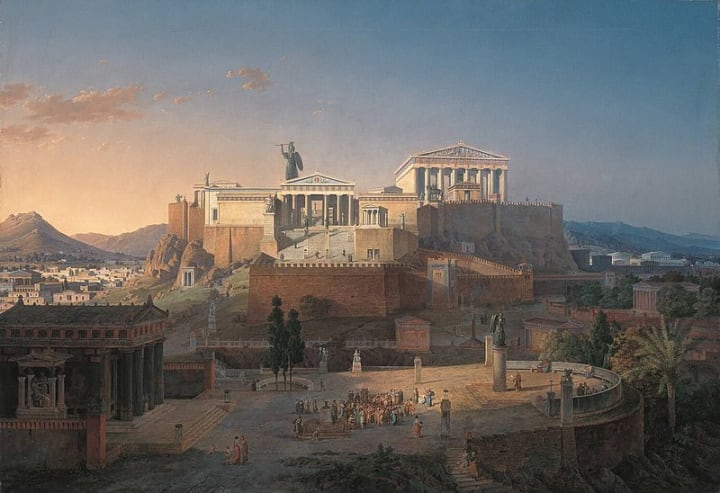
Ancient Athens was arguably the greatest of classical Greek city states and the most influential architect of western democracy.
They overthrew their dictator Hippias in 510 BC, and an early form of rule through the ballot box was established. This allows Athens to be regarded by many as a sort of patient zero for the democratic contagion.
It was so very nearly a different story, but for a single individual: Themistocles.
He was a leading politician, who stood up and made the 5th Century BC version of a TED talk. He warned the fledgling democracy to prepare for the Persians, an existential threat to their way of life, a threat that they had just defeated, and one that very few saw returning any time soon.
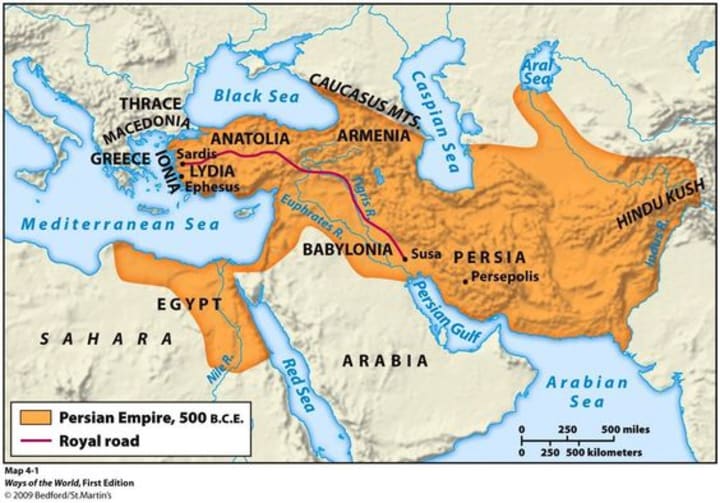
The Persian Empire was vast, a super power of the age; rich and diverse in its cultural and artistic achievements, but a democracy it certainly wasn't.
Although it stretched from the Hindu Kush to the north African deserts, like all Empires it wasn’t satisfied, nor keen to have the irritation of rising regional powers on its western fringe.
Eventually tensions with the tiny Greek city states like Athens erupted into two huge wars, imaginably known as the first and second Persian invasions.
In the first, an alliance of Greeks defeated the Persian King Darius I, at the Battle of Marathon (after the famous sacrifice of the 300 Spartans and their allies at the Battle of Thermopylae).
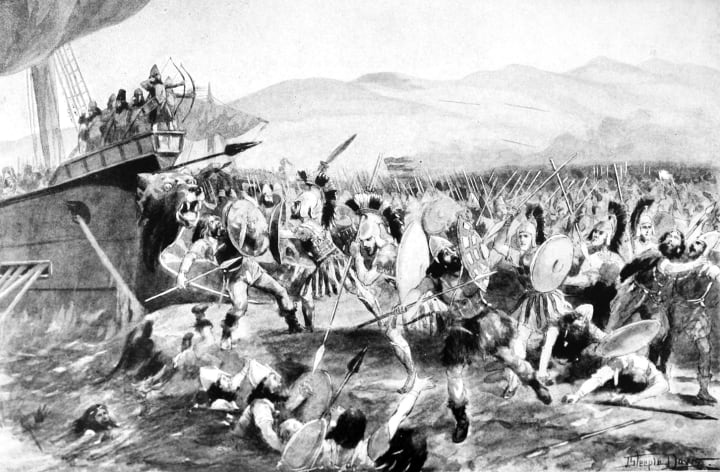
This turned out to be a brief reprieve, the second invasion was coming and the Persians diligently prepared for a new total war.
During the interlude Athens had a true stroke of luck, a rich new seam of silver deposit was found on their territory at the old mines of Laurium.
This discovery led to heated public debates concerning how to use the windfall. Some called for its division between the population, others for temples and public works to thank the Gods for the previous victory.
Hearing that the Persians were indeed on the move once more, Themistocles —a politician who'd risen from below and was a favorite of the poor—saw the threat early. He took to the Athenian Pnyx—the area for public political discussion—passionately arguing that the blessing should be used to build warships.
At this time the ancient Greeks believed they could commune with their pantheon of gods through Pythia—priestess to Apollo at Delphi—the political leaders sent for word from her, and the last message given by the Oracle was the cryptic:
"Though all else shall be taken, Zeus, the all seeing, grants that the wooden wall only shall not fail."
The only problem is that there were no wooden walls. Some said it could mean the thorn bushes that ringed the fortified Acropolis. Themistocles however took the oracles words of wooden walls to be his long dreamed of fleet, and that a strong navy was the key to beat the coming Persian tempest.
With the power of his personality and the strength of his rhetoric, he secured enough votes for his far-sighted vision. The Athenian people set aside short-term enrichment for a long-term hope - they would build a fleet and challenge the Persians at sea.
No sooner had they completed the navy's construction than Xerxes—the son of Darius and new king of Persia—invaded. Landing in 480 BC with a huge force, he soon took Athens, sacking it twice, burning the sacred Acropolis and punishing the people for their defiance.
Most of Athens’ distraught populace fled, then with the disparate hoards of other Greek city states, united behind the last line of defense—the wooden walls of Themistocles Triremes.
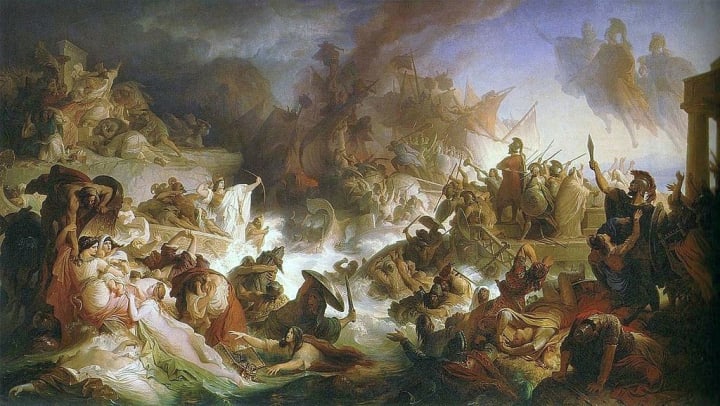
There then followed the titanic Battle of Salamis; where every Greek that could pull an ore or thrust a sword headed out onto the water, to face down the Persians Warships.
The odds were stacked against the Greeks, but the ancient historian Plutarch wrote that Themistocles—who now led the Greek allies—spoke these words before the all-or-nothing sea battle.
"Ō wretch, indeed, we have come down and left behind us our houses and our city walls, not deeming it worthy for the sake of such lifeless things to be enslaved; but we still have a city, the greatest in Hellas, our two hundred triremes,"
After some clever tactics and bitter hand-to-hand fighting, the Ancient Greeks inflicted a humiliating and unexpected defeat on the Persian Navy, forcing the bulk of the army—including King Xerxes—to withdraw.
The remaining parts of his army were routed at the Battle of Plataea, one year later, concluding the war with an unlikely victory for the Athenians and all Greece.
The triumph earned at Salamis was made possible by the foresight of one man. His life can be said to have changed the course of history, and for Themistocles, history would eventually recognize his vital role.
A Greek golden age followed the victory, one that lay the foundations of the arts, philosophy, literature, science and mathematics we still know today.
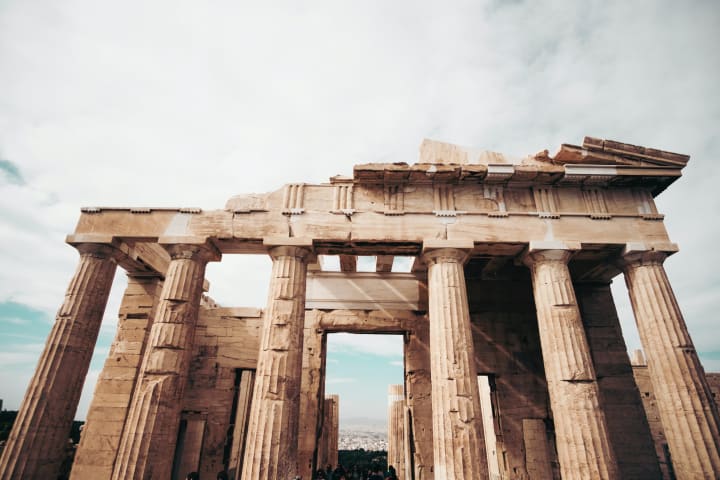
When Bill Gates and others try to rally a world into action against unseen threats, be it global pandemics, asteroids, A.I, or global warming (to name but a few), history demonstrates that such warnings are at the very least worth consideration.
In an age when the famous for fame's sake have the loudest voice and even enter the corridors of power, the Themistocles of the modern world—be it CEOs, scientific experts, broadcasters and educators—are in need.
That they have much to say, and that the world has threats to prepare for, is never in doubt, the real question—as Bill Gates can confirm—is whether anyone is willing to listen.
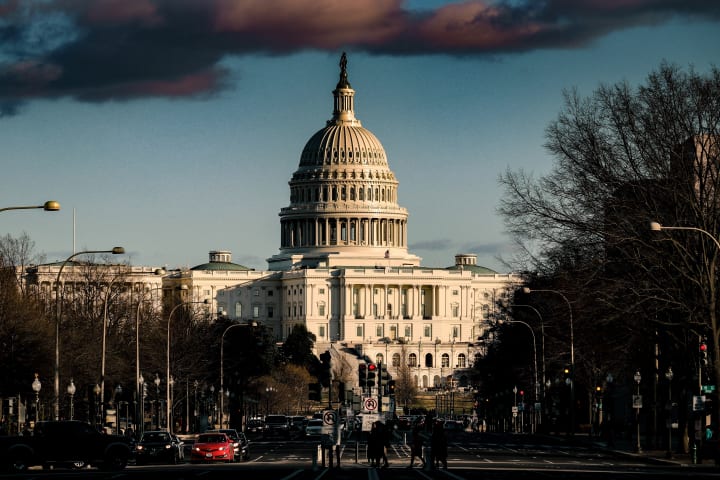
____________________________________________________
If you enjoyed this article please show some love by sharing on social media to friends, or use the ‘leave a tip’ option available on this magazine platform. For further article inquires reach out at [email protected]
Below are my previous articles on Vocal media.
https://vocal.media/stories/top-ten-endearing-french-terms-8r8s0ky3
https://vocal.media/wander/postcard-from-the-pandemic-2z2iw0a6w
https://vocal.media/longevity/come-what-may-is-a-second-wave-in-the-air-ua5k60ak6






Comments
There are no comments for this story
Be the first to respond and start the conversation.